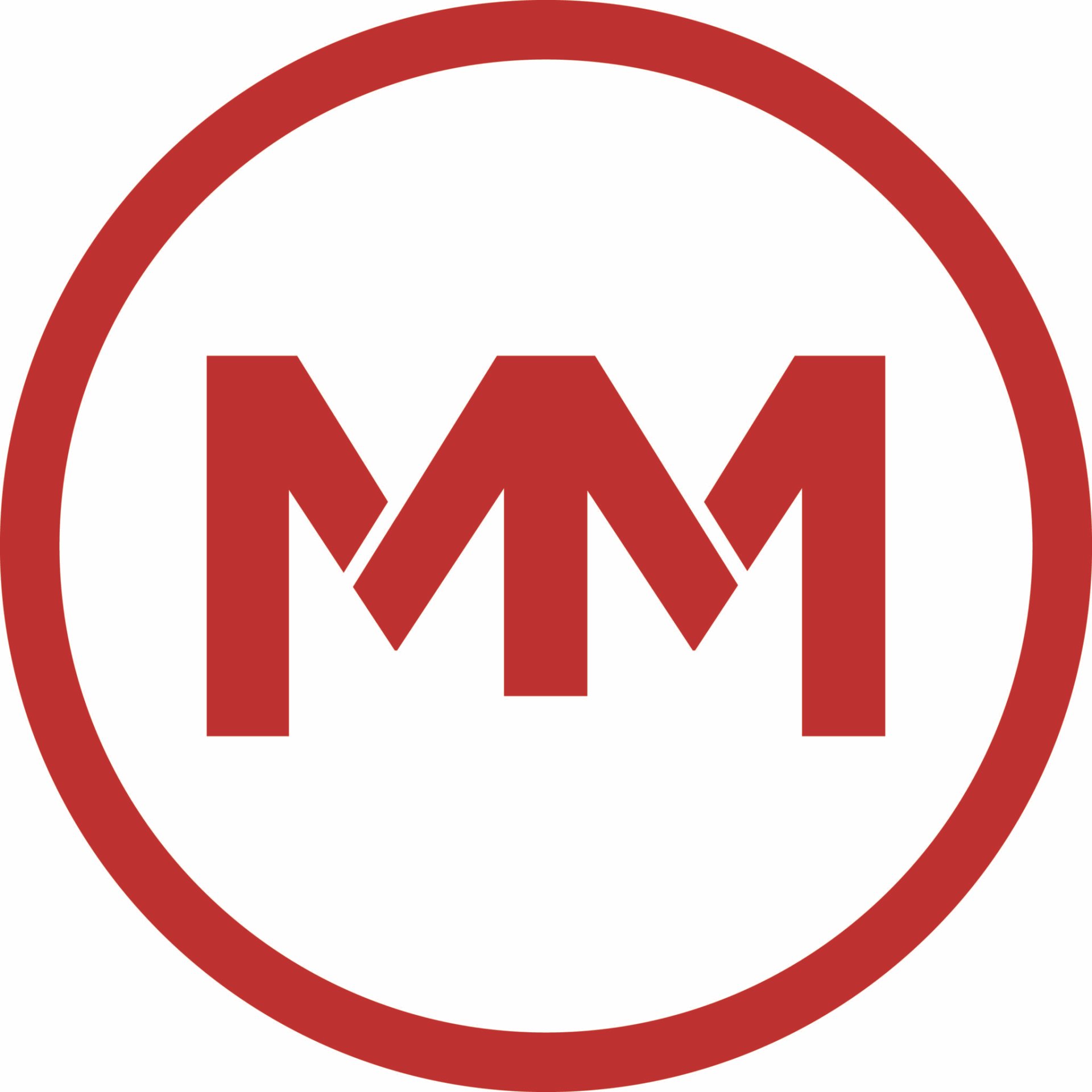Seller concessions: What you need to know when buying a home
In the ever-changing world of real estate transactions, the concept of seller concessions is gaining a lot of focus from agents and buyers. Understanding these concessions is essential for making informed homebuying decisions.
What are Seller Concessions?
Simply put, seller concessions refer to items that the seller agrees to pay for on behalf of the buyer during the closing process. They are a crucial aspect of homebuying negotiations, and if used correctly, can create a win-win scenario for both the homebuyer and seller. Typically, these concessions are negotiated between the buyer’s agent and seller’s agent.
Some of the most common seller concessions can include:
- Appraisal fees
- Title search fees
- Loan origination fees
- Inspection fees
- Homeowner association fees
- Real estate taxes
Why are Seller Concessions Used?
The way seller concessions are used may depend on whether or not you're in a buyer's market (where supply exceeds demand) or seller's market (where demand is high). The following scenarios are the most common reasons seller concessions are made:- Attracting Buyers: Offering concessions makes a property more appealing to potential buyers. In a competitive market, sellers can gain an edge by helping buyers with closing costs or other expenses.
- Affordability for Buyers: Purchasing a home involves various costs beyond the sale price. By covering part of the buyer’s closing costs, sellers can make homeownership more attainable especially for first-time buyers.
- Closing the Deal: Sometimes, a buyer’s financial situation may be tight, and they need assistance to close the transaction. Seller concessions bridge this gap, allowing the deal to move forward.
Seller Concession Requirements for Common Mortgage Programs
Each loan program has its own rules regarding how much a seller can contribute toward the homebuyer’s expenses. Listed below is a simple outline of seller concession requirements for four of the most commonly used loan programs.
Conventional Loan Seller Concessions:
Conventional loans are typically well-suited for borrowers with established credit and higher credit scores. Conventional mortgages make up the majority of home loans in the United States, so the seller concessions for this loan type will typically be the most common.
Eligible Seller Concession Items
- Customary closing costs
- 30 days of mortgage interest
- Permanent and temporary interest rate buydowns
- Up to 12 months HOA dues
| Property Type | Down Payment Amount | Max Seller Contribution |
|---|---|---|
| Primary & Secondary Homes | <10% | 3% of purchase price |
| 10% - 25% | 6% of purchase price | |
| 25%> | 9% of purchase price | |
| Investment | 15%> | 2% of purchase price |
FHA Loan Seller Concessions:
An FHA loan is often a good option for first-time homebuyers who have limited credit history and limited down payment funds. The seller concession requirements for this program are as follows:
Eligible Seller Concession Items
Sellers are permitted to contribute to the following buyer expenses:
- Customary closing costs
- Upfront mortgage insurance premium
- Mortgage protection insurance
- Mortgage interest for fixed mortgages
- Permanent/temporary interest rate buydowns
| Property Type | Down Payment Amount | Max Seller Contribution |
|---|---|---|
| Primary | 3.5%> | 6% of purchase price |
| Secondary (restrictive - must meet FHA guidelines) | 15%> |
VA Loan Seller Concessions:
VA Loans, with no down payment requirement and competitive interest rates, can be a wonderful option for eligible veterans, service members, and surviving spouses.
Eligible Seller Concession Items
Sellers are allowed to contribute to the VA buyer’s following expenses:
- Customary closing costs
- Prepaids and non customary fees:
- Taxes and insurance
- All or a portion of the VA funding fee
- Could help with debt payments and/or down payment
| Property Type | Down Payment Amount | Max Seller Contribution |
|---|---|---|
| Primary | Not required | 100% customary closing costs |
| 4% of prepaids and non-customary fees |
USDA Loans:
USDA loans encourage rural development with no down payment requirements and competitive interest rates.
Eligible Seller Concession Items
Sellers are allowed to contribute to the VA buyer’s following expenses:
- Customary closing costs
- All/portion of upfront guarantee fee
Permanent and temporary rate buydowns
| Property Type | Down Payment Amount | Max Seller Contribution |
|---|---|---|
| Primary | Not required | 6% of purchase price |
Have Questions? Get in touch
By leveraging seller concessions wisely, you can create a harmonious transaction that benefits everyone involved. If you have any questions about seller concessions, loan programs or any other information about homebuying, reach out to your Movement loan officer.
*Qualification is required. Items eligible to be covered by seller concessions are determined by the applicable agency’s program guide. Please speak to your Movement loan officer for more details.100% of customary closing costs may be paid by the seller, lender, or any other party.
**Movement Mortgage is not affiliated, endorsed, or sponsored by the Department of Veterans Affairs, Federal Housing Administration, USDA or any government agency.



